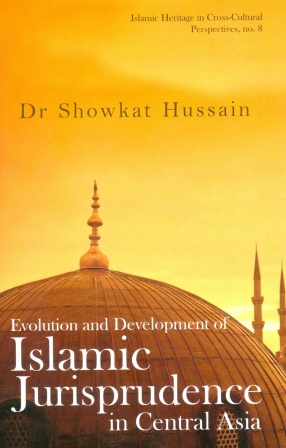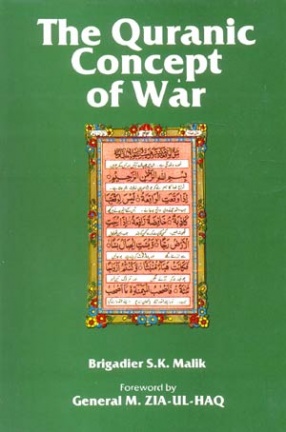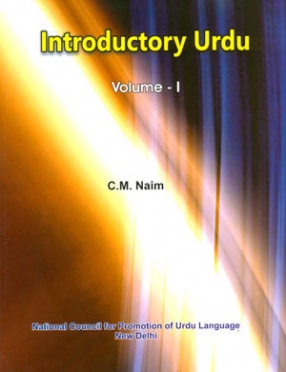Evolution and Development of Islamic Jurisprudence in Central Asia
Central Asia, since eighth century ce, has remained as one of the heartlands of Islam. Mawara al-Nahr (Transoxiania) is a name to reckon with in the annals of Islamic history and jurisprudence. The Abbasid rule (ce 750–1258) in this steppe region paved the way for setting the Islamic culture, and the reflection of positive results and Islamic ideology in all facets of life, nourishing the Islamic tradition and immensely contributing to the various socio-political institutions as well as diverse fields of knowledge. The early development of Islamic sciences and the involvement and contribution of Muslim intellectuals of Central Asia in their further growth remain as a splendid chapter of the Islamic history.
This book represents Islam as a constructive force that nourished scholarship in varied Islamic sciences, especially in Islamic jurisprudence. It vividly analyses the Islamic legal theory and its development in varied phases, encompassing various regions, intellectual approaches and social practices, making it an appropriate legal system. Central Asia, along with other Islamic intellectual centres like Baghdad, Basrah, Kufa and Madina, maintained the lure of standardized scholarship.
This volume, while featuring the great jurists of Central Asia and their monumental works to the Islamic jurisprudence, initiates a debate on the relevance of Islamic legal theory and its interpretation in the contemporary socio-political scenario, thus providing certain possibilities of rediscovering Islamic jurisprudence for the present times. A book of high academic value, it should impress all in the field of Islamic history and legal system.
Get it now and save 10%
BECOME A MEMBER







Bibliographic information
Tags